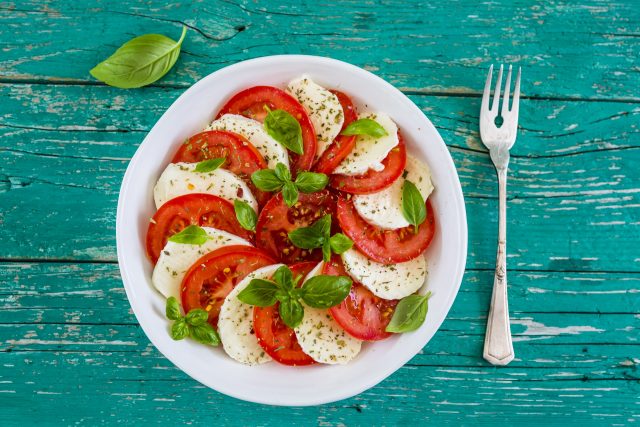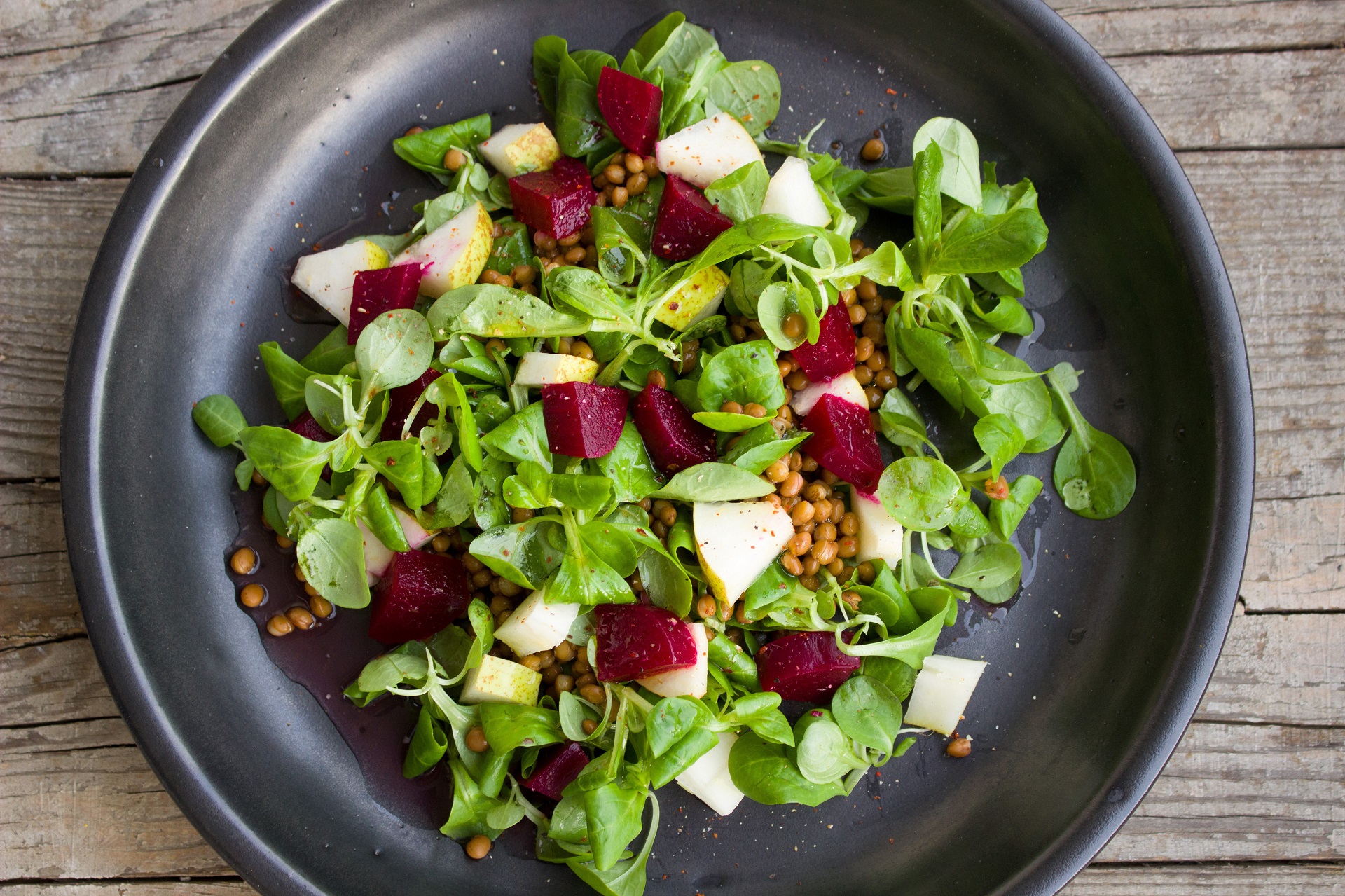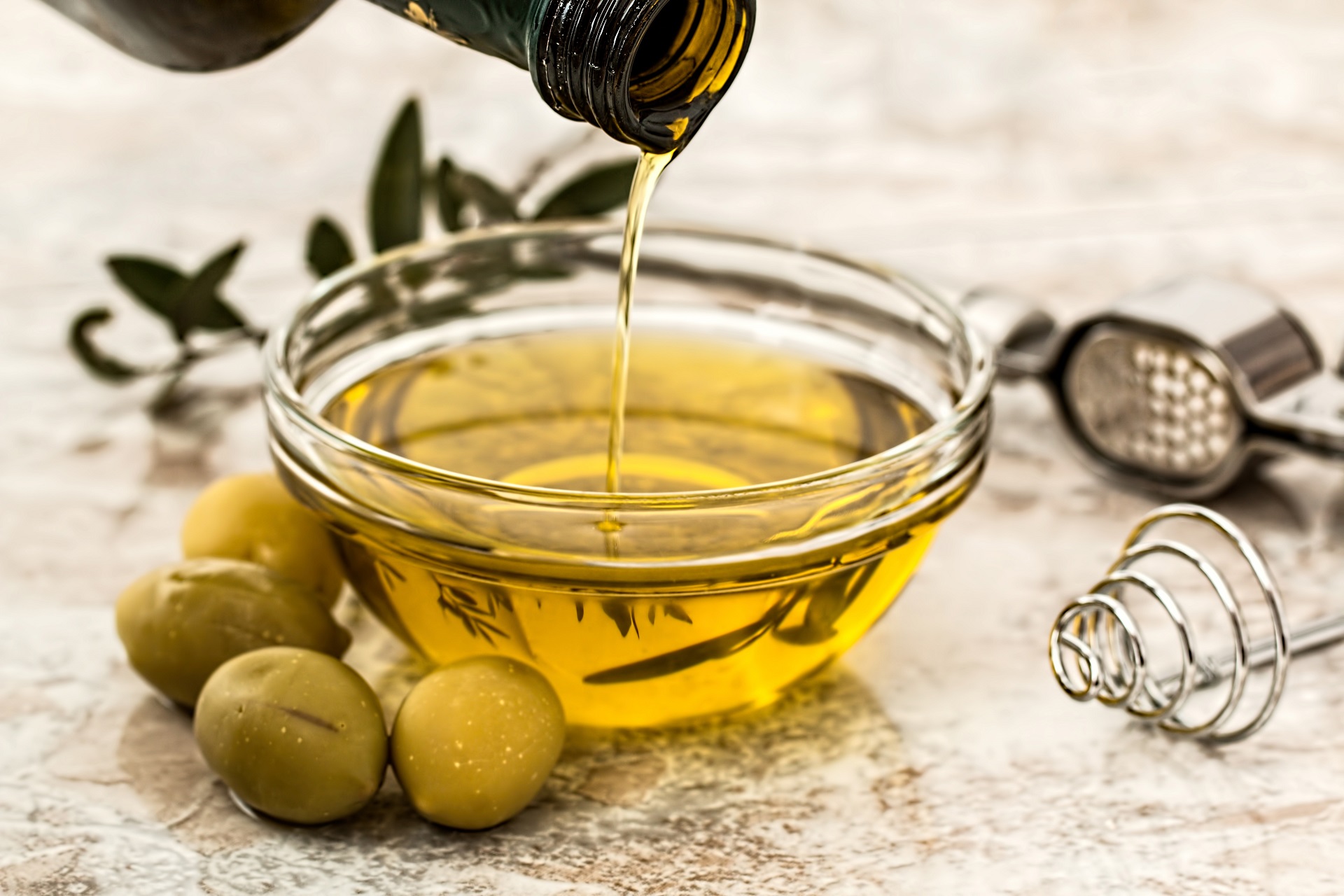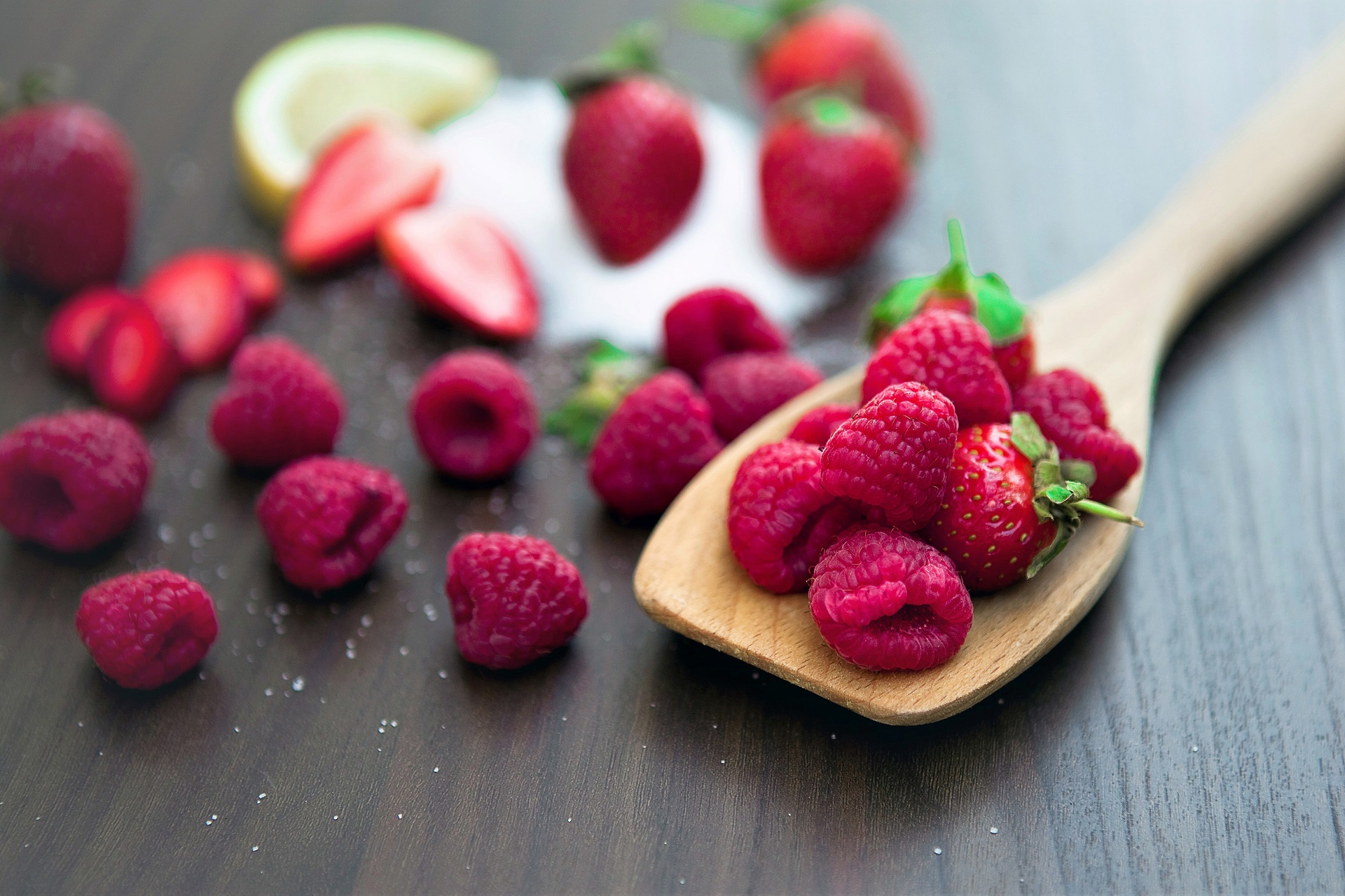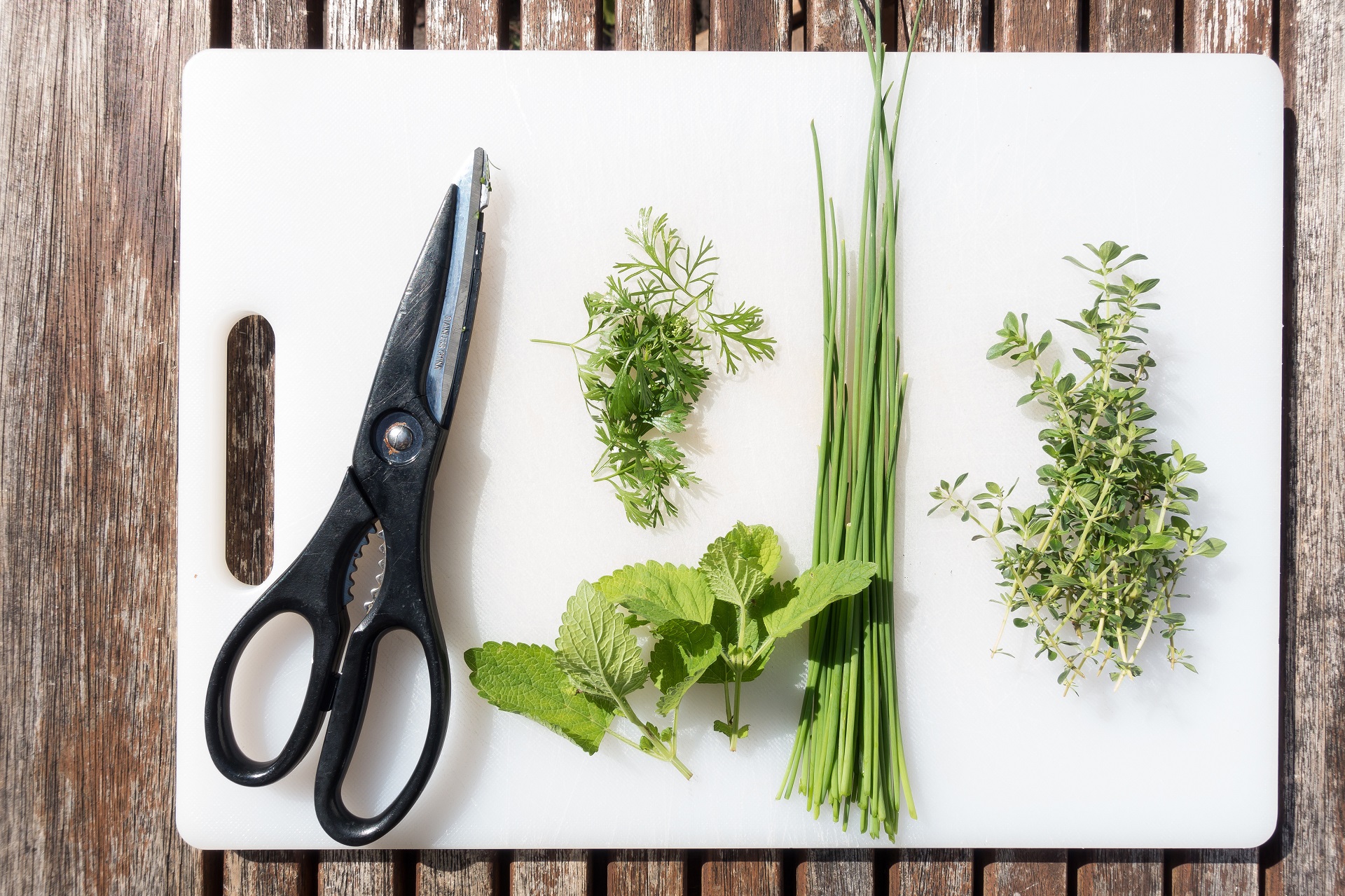Salads are trending and they are a sure-fire way to supplement our diets with all the necessary nutrients and minerals.
Gone are the days when salads were prepared only with raw vegetables. From being a dish on the table that was almost always ignored, salads are slowly coming into the limelight. With the addition of more carbs and protein in the form of brown rice, quinoa, tofu, cottage cheese, nuts or meat, main course salads are replacing the traditional appetizer salads.
From ‘boring’ to ‘bold’: Salads are not ‘boring’ any more, rather, they are ‘bold’. They can be a visual as well as a culinary delight if prepared the right away. They are colorful, tasty, crunchy and balanced. There are so many different permutations and combinations involved in choosing the ingredients for a salad that one may wonder if contemporary salad recipes are a fad or if they are here to stay.
The goodness of fiber: Considering the health benefits of including salads in your everyday diet, it would be better if everybody decided to jump on the salad bandwagon. The benefits of including fresh fruits and vegetables in your diet is not something unheard of, but it is good to be reminded of it often. Salads are low in calories, high in fiber, and rich in nutrients. The base of most salads are leafy greens such as lettuce, kale, spinach and arugula. The fibrous content makes you feel full, which would make you eat less, ultimately resulting in weight loss without even hitting the gym! Fiber is also known to lower one’s cholesterol and prevent constipation.
Fat is not always bad: Our body needs good fat such as the monosaturated fat, commonly found in olive oil and nuts. Olive oil forms an unavoidable part of many a salad dressing, and it is this good fat that enables our body to absorb phytochemicals such as lycopene (found in tomatoes) and lutein (found in kale and spinach). These phytochemicals raise one’s odds against developing cancer.
Antioxidants to the rescue: There is a constant secretive battle going on within our bodies between free radicals and antioxidants. However, the naturally occurring antioxidants are outnumbered by the free radicals. Hence, our body requires a continual supply of antioxidants. Fruits, especially berries such as raisins, blueberries, raspberries, strawberries and plums, and vegetables such as beets, broccoli, red bell peppers and sprouts are rich sources of antioxidants. The antioxidants found in these counteract the damaging effects of free radicals produced by our bodies. Including salads in one’s diet is required to maintain this equilibrium.
Deliciousness and health benefits combined: Adding herbs such as rosemary, sage, parsley or basil, along with lime juice and garlic will pack your salad with flavor and at the same time help remove dangerous toxins from the body. Salads are also a life-saver for diabetic or diabetes-prone individuals. More often than not, vinegar is used as an ingredient for a variety of salad dressings. In addition to making salads more palatable, vinegar also helps prevent blood sugar spikes after meals.
Nourishment from greens: Vitamin K found in kale, cabbage, spinach and cheese increases bone mineral density. This must be of high priority to women as they have a tendency to get osteoporosis with the progression of age. Folate-rich food such as lettuce, broccoli, peas and brussels sprouts reduce stroke and cardiovascular diseases. Moreover, the water content in salad vegetables improves hydration, leaving your skin supple and youthful.
You can stick to traditional salad recipes or experiment with putting together locally available fruits and vegetables to create your own salads. To keep illnesses at bay and to improve your overall health, make a habit of including salads in your everyday diet.































